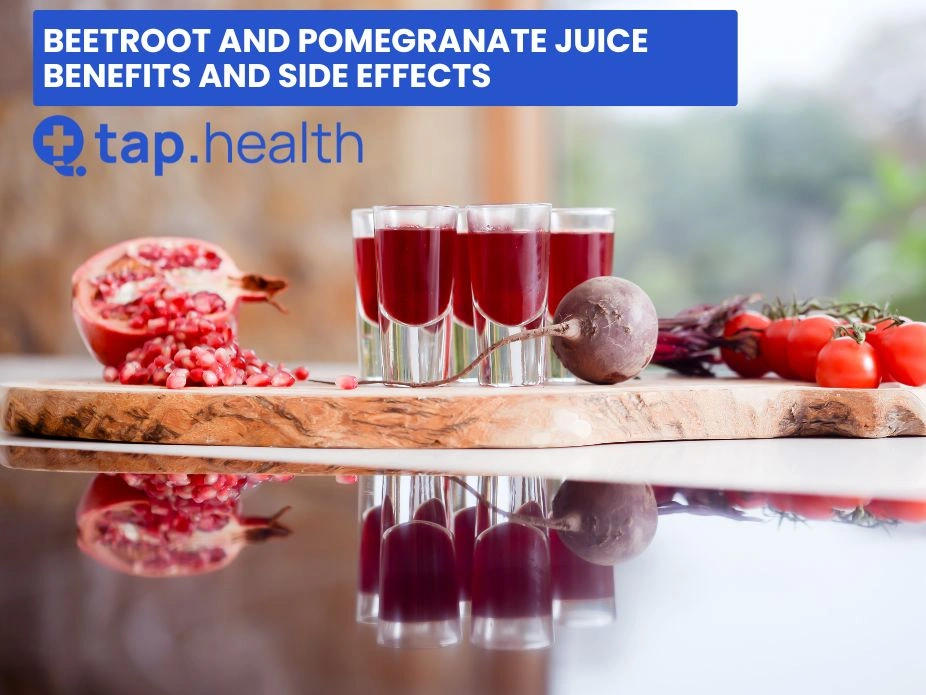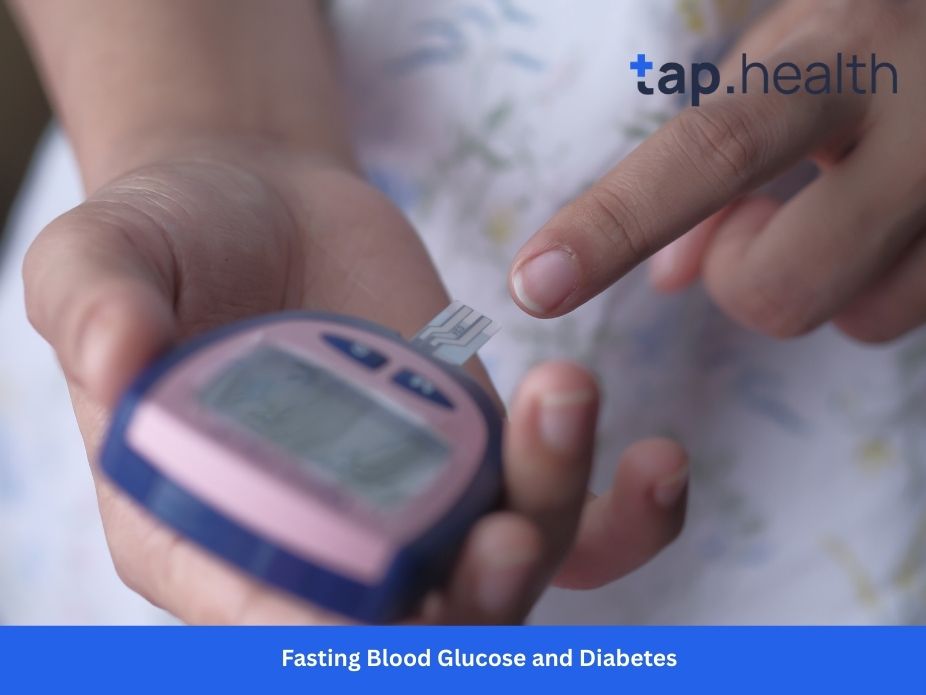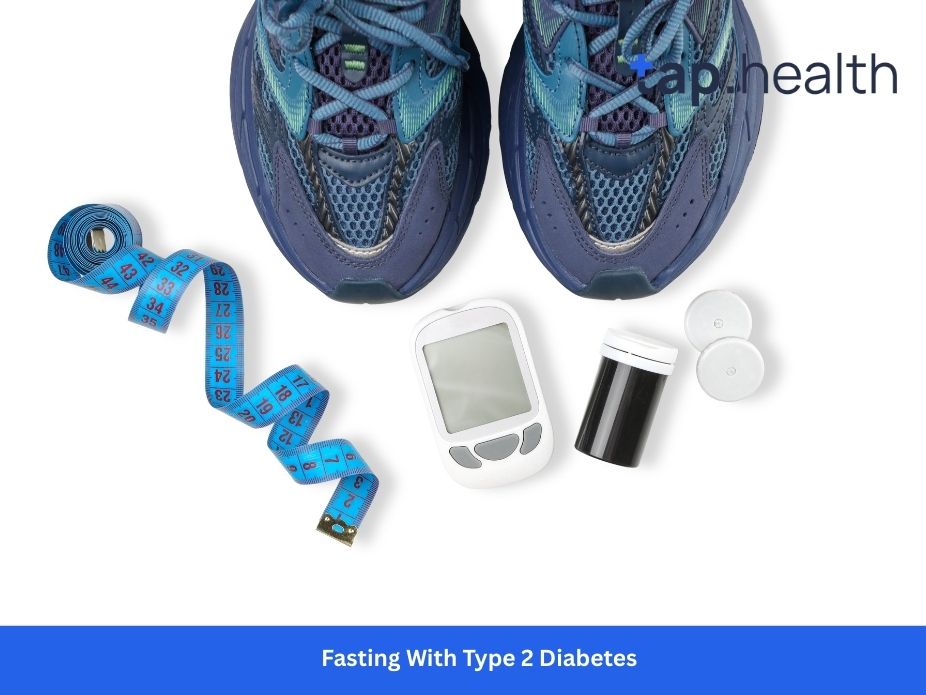Beetroot and pomegranate juice is a nutrient-packed, vibrant red drink that offers a range of health benefits. Combining the antioxidant-rich properties of both ingredients, this juice is a delicious way to support your well-being. However, it’s essential to understand its benefits, nutritional value, and potential side effects to make informed choices. In this blog, we explore the top seven health benefits, how to incorporate this juice into your diet, and precautions to consider, all grounded in research and expert insights.
Nutritional Profile of Beetroot and Pomegranate Juice
Beetroot and pomegranate juice is a powerhouse of vitamins, minerals, and antioxidants. Here’s a breakdown of what each ingredient brings to the mix:
Beetroot
- Vitamins: High in vitamins A, C, and B6.
- Minerals: Rich in iron, magnesium, potassium, and manganese.
- Fiber: Supports digestive health.
- Antioxidants: Contains betalains, known for their anti-inflammatory and antioxidant properties.
Pomegranate
- Vitamins: Packed with vitamins C, K, and B-complex vitamins.
- Minerals: Offers potassium, folate, and iron.
- Antioxidants: High in punicalagin and anthocyanins, which combat oxidative stress.
- Fiber: Promotes gut health.
When combined, these superfoods create a nutrient-dense juice that supports overall health, making it a valuable addition to your diet.
Top 7 Health Benefits of Beetroot and Pomegranate Juice
Incorporating beetroot and pomegranate juice into your routine can yield significant health advantages. Below are the top seven benefits, supported by research:
1. Supports Heart Health
Beetroot’s high nitrate content helps lower blood pressure by improving blood flow, while pomegranate juice reduces cholesterol and prevents arterial plaque buildup. Together, they promote cardiovascular health, reducing the risk of heart disease.
2. Boosts Immunity
The juice is rich in vitamins C and A, which strengthen the immune system. Vitamin C supports immune function, while vitamin A maintains healthy skin and mucous membranes, acting as a barrier against pathogens.
3. Enhances Athletic Performance
Athletes favor beetroot juice for its nitrates, which improve blood flow and oxygen delivery to muscles, enhancing endurance and recovery. This makes the juice a natural performance booster for workouts.
4. Promotes Radiant Skin
Pomegranate’s antioxidants, like punicalagin, protect skin from free radical damage, reducing wrinkles and fine lines. Beetroot’s vitamins and minerals aid cell regeneration, contributing to a youthful glow.
5. Improves Digestive Health
The fiber in both beetroot and pomegranate supports healthy digestion, prevents constipation, and fosters beneficial gut bacteria, essential for a balanced microbiome.
6. May Lower Cancer Risk
Betalains in beetroot and punicalagin in pomegranate have anti-cancer properties, potentially inhibiting cancer cell growth and reducing inflammation, according to studies.
7. Enhances Cognitive Function
Beetroot’s nitrates improve blood flow to the brain, supporting cognitive function and potentially reducing age-related cognitive decline, making this juice a brain health ally.
How to Enjoy Beetroot and Pomegranate Juice
Adding this juice to your diet is simple and versatile. Here are the best ways to incorporate it:
Freshly Made Juice
For maximum benefits, make fresh juice at home using a juicer. A 1:1 ratio of beetroot to pomegranate seeds creates a balanced flavor.
Store-Bought Options
If time is short, opt for 100% pure beetroot and pomegranate juice without added sugars or preservatives. Check labels carefully.
Smoothie Boost
Blend the juice with fruits like apples or carrots for a nutrient-packed smoothie. This adds variety and enhances flavor.
Recommended Intake
Start with 1 cup (240 ml) daily, adjusting based on your preferences and health goals. Moderation is key to avoid potential side effects.
How to Make Beetroot and Pomegranate Juice at Home
Making your own juice is cost-effective and ensures freshness. Follow these simple steps:
Ingredients
- 1 medium beetroot
- 1 pomegranate
- Water (optional, for blending)
Instructions
- Rinse the beetroot and pomegranate thoroughly.
- Peel and chop the beetroot into small pieces.
- Cut the pomegranate and scoop out the seeds.
- Blend or juice the beetroot and pomegranate seeds until smooth.
- Add water if the mixture is too thick.
- Strain to remove pulp for a smoother texture.
- Pour into a glass and enjoy immediately.
This method preserves the juice’s vibrant flavor and nutritional benefits, making it a refreshing addition to your day.
Potential Side Effects of Beetroot and Pomegranate Juice
While generally safe, beetroot and pomegranate juice may cause side effects in some cases. Here’s what to watch for:
Beetroot Juice Side Effects
- Red Urine/Stool: Known as beeturia, this harmless condition can cause red or pink urine and stool.
- Kidney Stones: High oxalate content in beetroot may contribute to kidney stones in susceptible individuals. Consult a doctor if you have a history of kidney issues.
Pomegranate Juice Side Effects
- Allergic Reactions: Rare but possible, symptoms like itching or swelling require immediate medical attention.
- Medication Interactions: Pomegranate juice may interact with blood thinners or blood pressure medications. Check with your healthcare provider if you’re on medication.
Real-Life Example: Energy and Skin Benefits
Consider someone with low energy and mild anemia. Drinking a daily glass of beetroot and pomegranate juice could improve stamina, enhance skin glow, and boost energy within weeks. However, overconsumption may lead to digestive discomfort or, in rare cases, kidney stone risks. Moderation and medical consultation are key.
Expert Insights and Recommendations
Nutritionists and doctors endorse beetroot and pomegranate juice as a natural source of iron, antioxidants, and energy. However, they advise caution for individuals with kidney issues, low blood pressure, or those on specific medications. Here are research-backed recommendations:
- Moderation: Limit intake to ½ to 1 cup daily for most adults.
- Freshness: Consume fresh juice to retain nutrients, as they degrade over time.
- Medical Conditions: Consult a doctor if you have kidney stones, diabetes, or low blood pressure.
- Balanced Diet: Pair juice with whole fruits and vegetables for optimal nutrition.
- No Added Sugar: Rely on the natural sweetness of beetroot and pomegranate.
FAQs
1. Can I drink beetroot and pomegranate juice daily?
Yes, daily consumption is beneficial in moderation (½ to 1 cup). Monitor for side effects like digestive discomfort.
2. Does it help with weight loss?
Yes, its low-calorie, high-fiber content can support weight loss by promoting fullness and reducing calorie intake.
3. Can it improve skin health?
Absolutely, antioxidants and vitamins in the juice protect against skin damage and promote cell regeneration for a radiant glow.
4. Is it safe during pregnancy?
It’s generally safe and nutrient-rich, but consult a healthcare provider before adding it to your pregnancy diet.
5. How long until I see benefits?
Improved digestion and energy may appear within days, while skin and blood pressure benefits may take weeks.
6. Can I mix it with other juices?
Yes, combining with carrot, apple, or other juices creates tasty, nutrient-rich blends.
Conclusion
Beetroot and pomegranate juice is a vibrant, nutrient-dense drink that offers benefits like improved heart health, enhanced immunity, better athletic performance, and radiant skin. While it’s a fantastic addition to a healthy diet, moderation is key to avoid side effects like beeturia or medication interactions. By making fresh juice at home or choosing high-quality store-bought options, you can enjoy its full potential. Always consult a healthcare provider if you have specific health concerns. Start sipping this superfood juice today for a natural health boost!



